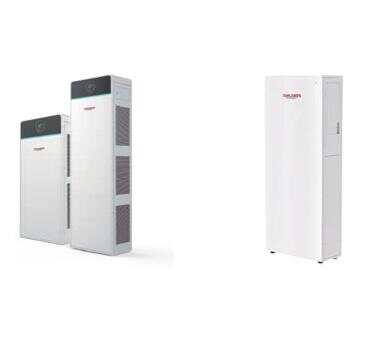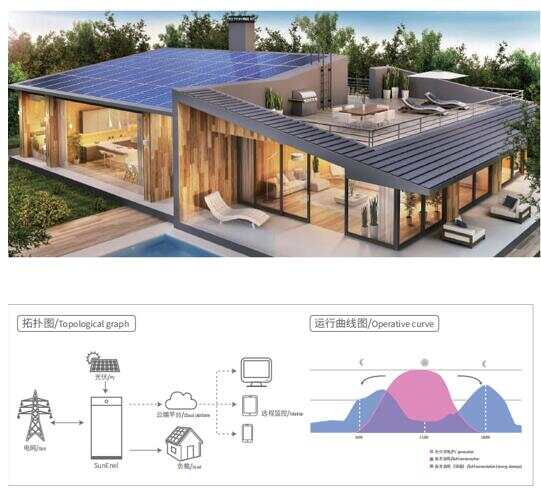Email cannot be empty
Password cannot be empty
Email format error
Email cannot be empty
Email already exists
6-20 characters(letters plus numbers only)
The password is inconsistent
Email format error
Email cannot be empty
Email does not exist
6-20 characters(letters plus numbers only)
The password is inconsistent


Residential energy storage systems are becoming increasingly popular with residential solar users today. According to a recent survey of more than 1,500 U.S. households by solar power developer SunPower, about 40 percent of Americans expressed concern about frequent power outages. Among the respondents who have already installed solar power generation facilities, 70% of the respondents indicated that they plan to install battery energy storage systems. But it turns out that multiple factors can affect the life of a residential energy storage system.

1. Household users should install the battery in a cool and dry place. Preferably a garage, to minimize the impact of a fire. The battery and the components around it should have proper spacing to allow for cooling, and regular maintenance checks help ensure optimal operation.
2. Avoid repeated deep discharge of the battery as much as possible, because the more discharge, the shorter the life. If the residential battery storage system is discharging heavily every day, it will be time to add a battery pack.
3. The batteries connected in series should maintain the same power. Although the battery pack may display a total power of 24V. There may be different voltages between the batteries, which is not good for protecting the long-term operation of the battery energy storage system. Also, it is recommended to set the correct voltage set point for the charger and charge controller as determined by the battery manufacturer.
4. Operation and maintenance personnel should check frequently. Things to check for include leaks (accumulation on the outside of the battery) and consistent voltages.